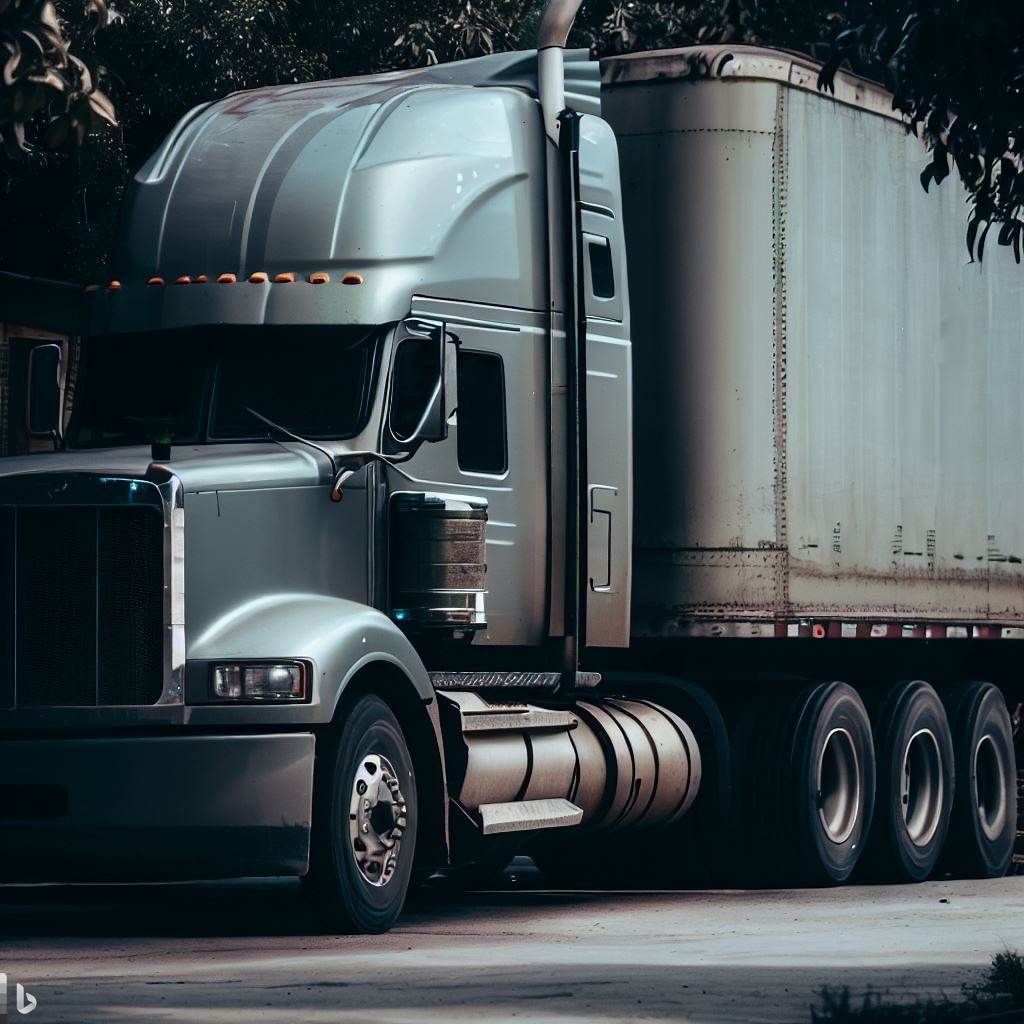
Insurance Considerations for Owner-Operators vs. Fleet Owners: Tailoring Coverage to Your Trucking Business Model
Posted by Gregg Wilkes - August 22, 2023
In the diverse landscape of the trucking industry, insurance needs can vary significantly based on whether you're an owner-operator or a fleet owner. Each business model comes with its own set of challenges and risks, and understanding the distinct insurance considerations is crucial for ensuring comprehensive coverage. In this article, we delve into the key insurance factors that owner-operators and fleet owners should prioritize to protect their assets, operations, and financial well-being.
1. Liability Coverage: As an owner-operator, primary liability coverage is a fundamental requirement. This coverage safeguards you against claims for bodily injury and property damage arising from accidents involving your truck.
2. Non-Trucking Liability (NTL) Insurance: NTL insurance, also known as bobtail insurance, covers you during personal use of your truck when you're not under dispatch. It fills the gap between personal auto insurance and commercial primary liability insurance.
3. Physical Damage Coverage: Protecting your truck against damage or loss due to accidents, collisions, theft, and natural disasters is essential for safeguarding your investment.
4. Cargo Insurance: If you handle your own cargo, cargo insurance covers the value of the goods you transport against damage, theft, or loss during transit.
5. Occupational Accident Insurance: Since owner-operators are often considered independent contractors, occupational accident insurance provides coverage for medical expenses and lost income in case of on-the-job injuries.
1. Fleet Primary Liability Insurance: Fleet owners need comprehensive primary liability coverage to protect their entire fleet of vehicles. This coverage is crucial for covering bodily injury and property damage claims involving your drivers.
2. Cargo Insurance: Ensuring your fleet's cargo is adequately covered against potential losses, damage, or theft during transit is vital to maintaining trust with clients.
3. General Liability Insurance: Fleet owners should consider general liability coverage, which protects against claims involving property damage or bodily injury not related to the operation of your vehicles.
4. Workers' Compensation Insurance: If you have employees, workers' compensation insurance is essential to cover medical expenses and lost wages in case of workplace injuries.
5. Motor Truck Cargo Legal Liability: This specialized coverage addresses legal liabilities for cargo damage while the cargo is in your care, custody, and control.
6. Hired and Non-Owned Auto Insurance: If your fleet includes vehicles that are rented or owned by employees, this coverage protects against liability claims arising from their operation.
Conclusion:
Whether you're an owner-operator or a fleet owner, understanding your unique insurance needs is paramount. At Wilkes Agency, we specialize in tailoring insurance solutions that align with your specific business model. By considering these distinct insurance considerations and collaborating with our expert team, you can ensure that your trucking operations are protected comprehensively, allowing you to focus on what you do best—driving success in the trucking industry.


